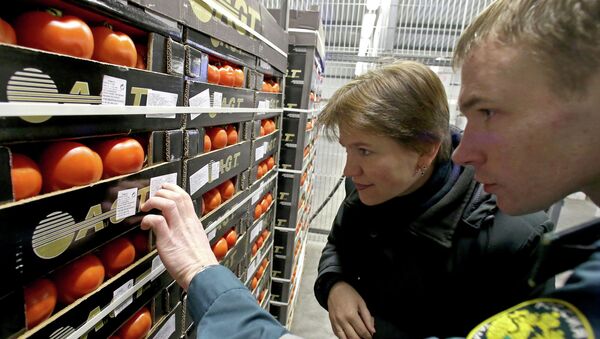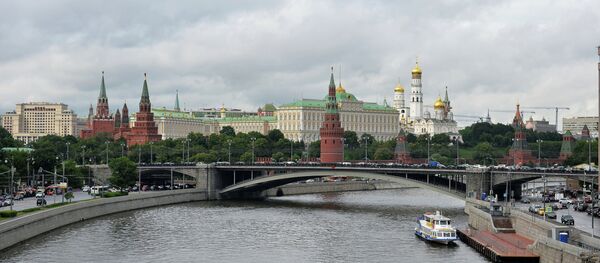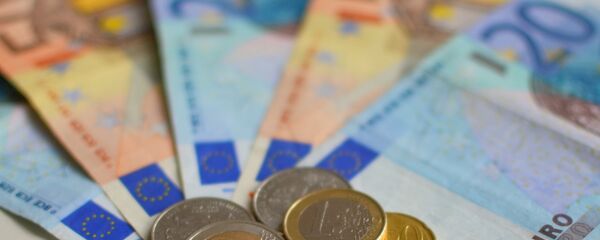Since not just the Russian Federal Customs Service, but also officials from the Russian state agricultural watchdog Rosselkhoznadzor and the health watchdog Rospotrebnadzor will seek out the contraband, a legal expert from Horizon Capital told the paper that checks for contraband food will be conducted throughout the whole area of the Russian Federation.
"That means that if officials from the customs service, phytosanitary (agricultural product) control or Rospotrebnadzor (consumer rights) find sanctioned produce during an inspection of, for example, a retail distribution center, the food will be destroyed in accordance with general regulations," said Vasily Itskov.
On July 29 Russian President Vladimir Putin signed into law a decree according to which agricultural and food products illegally brought across the border is destroyed on the spot, upon being discovered by the authorities.
The measure was put forward by Russian Agriculture Minister Alexander Tkachev, and previously proposed by Rosselkhoznadzor chief Sergey Dankvert, in response to the difficulties of sending the banned produce back to its producer, as the law required previously.
The document signed into law on July 29 specifies that food products for personal consumption or in transit to third countries will not be destroyed.
The ban on meat, poultry, fish, seafood, dairy products, fruit and vegetables was first announced in August 2014, and in June the government announced the continuation of the counter sanctions for another year, until August 2016, in response to continuing Western sanctions.
According to a study published by the Austrian Institute of Economic Research, anti-Russian sanctions could cost the EU alone up to €100 billion ($114 billion) if they remain in place.




